In pictures: Freemasons' home studio
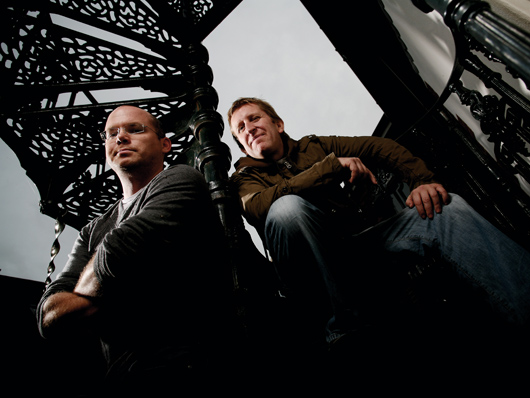
Welcome
Freemasons, the production duo of James Wiltshire (left) and Russell Small (right), were formed in 2005 (Russell had previously been one half of Phats & Small). They’re perhaps best known for their remix work, having created memorable up-tempo versions of hits by the likes of Beyoncé Knowles, her sister Solange, Kylie Minogue and, most recently, Whitney Houston (they’ve reworked her comeback single Million Dollar Bill). Late in 2007, Future Music magazine was invited into their Brighton-based studio.
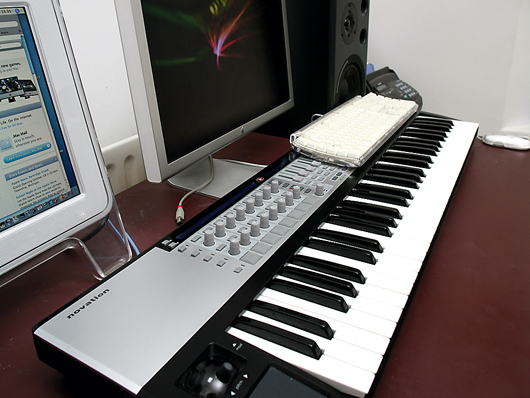
In the box
Both of the masons come from hardware backgrounds, but these days, most of the action takes place inside a computer, with a Novation ReMOTE SL controller being the only keyboard in their studio. “In the 12 months before the Freemasons’ first single, we decided to start mixing completely inside the DAW,” says Jack Wiltshire. “This was a decision made half consciously and half through necessity. Our plan was to make things simple.”
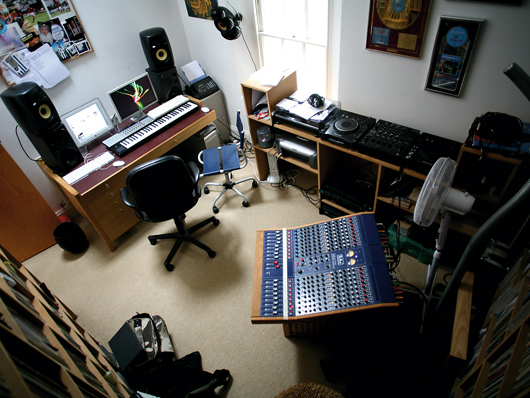
Tube warmth
Despite their computer-centric approach, Freemasons do have a TL Audio 16-channel M4 Tube Console which they use for warming up their digital sound. Jack Wiltshire describes the process of ‘going digital’ as “the most painful transition I’ve ever made, as you have to re-learn your mixing techniques, but once you’re out the other side, the pros do outweigh the cons”.
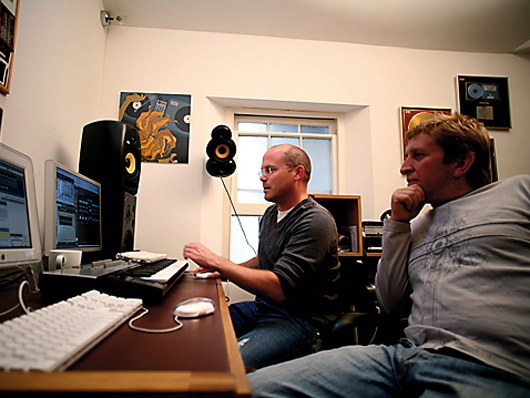
Working together
So, how does the Freemasons partnership work on a practical level? Russell Smalls explains: “I’m good with audio really; moving stuff about arrangement-wise, and chopping parts up and making silly noises. At the end of the day, James leaves me with a Logic page and I just chop stuff and put it all through Ableton Live.”
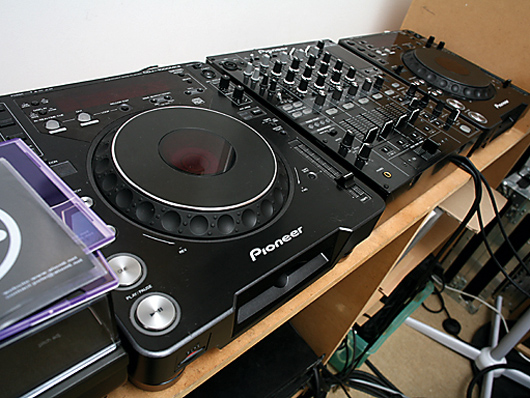
Decks
The boys keep a pair of Pioneer CDJs in the studio but Russell doesn’t believe the format will be around for long. “The change just from vinyl DJ to CD DJ was fairly quick once it caught on and it looks like CD will die a much faster death than vinyl,” he opines.
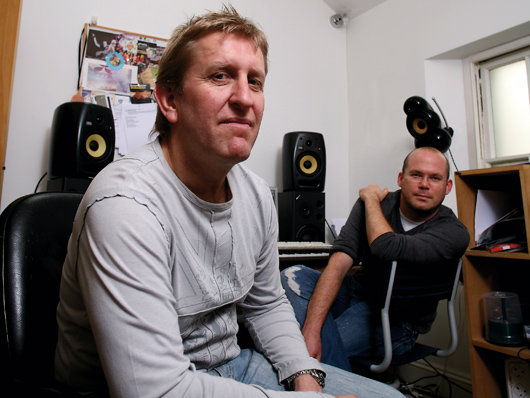
Changes
Having been in the music-making business for many years, both Freemasons are well-placed to discuss how things have changed. “In terms of technology it’s simply the power of the processors and how much they’ve improved,” notes Jack Wiltshire. “I mean, I come from a background of analogue recording - well, we both do - and now we have a setup that’s almost completely in the box. The power of modern plug-ins is just unbelievable now and really has changed everything.”
Future Music is the number one magazine for today's producers. Packed with technique and technology we'll help you make great new music. All-access artist interviews, in-depth gear reviews, essential production tutorials and much more. Every marvellous monthly edition features reliable reviews of the latest and greatest hardware and software technology and techniques, unparalleled advice, in-depth interviews, sensational free samples and so much more to improve the experience and outcome of your music-making.


